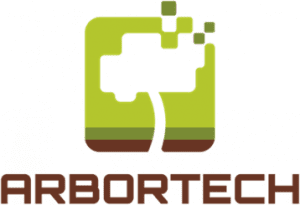The ArborTech project aims to cover the urgent need for green skills in a context where the European Union strives to become the first climate-neutral continent by 2050. Among the professional recommendations for the maintenance of an urban environment, it is noted that care of Tree maintenance can only be done by professional arboriculture providers who deal with planting, pruning and other practices.
Therefore, the general objective of the project is to ensure a professional approach to the described demands of urban gardening through the appropriate Vocational Training program (level 4 of the MEC) to ensure the basic knowledge, skills and competencies of arboriculture and to train students and teachers to put it into practice.
This will be achieved with the specific objectives:
- Comprehensive evaluation of the educational needs among service providers in the field of arboriculture and the adequacy of the basic contents in VT collected in a joint report.
- Development and implementation of a new and innovative “urban arboriculture” VT content for learners and its integration into the existing formal VT programs and informs education, using as a method of validation of the ECVET reference standard and level 4 of the EQF framework.
- Creation of an educational e-learning platform for blended learning “urban arboriculture” with visual and textual interactive learning materials to transform, complement and improve the digital learning process.
- Creation of a dendrology laboratory as a learning unit for practical learning and a virtual laboratory (vDIab) that will complement the face-to-face learning process via digital.
- Development and implementation of training for active teachers to carry out the training of “urban arboriculturists” emphasizing the inclusion of participants with fewer opportunities for whom specialized guidelines were determined.
- Promotion of arboriculture and its importance for urban areas through continuing education, adult education and informal education and validation through the use of European reference tools.
